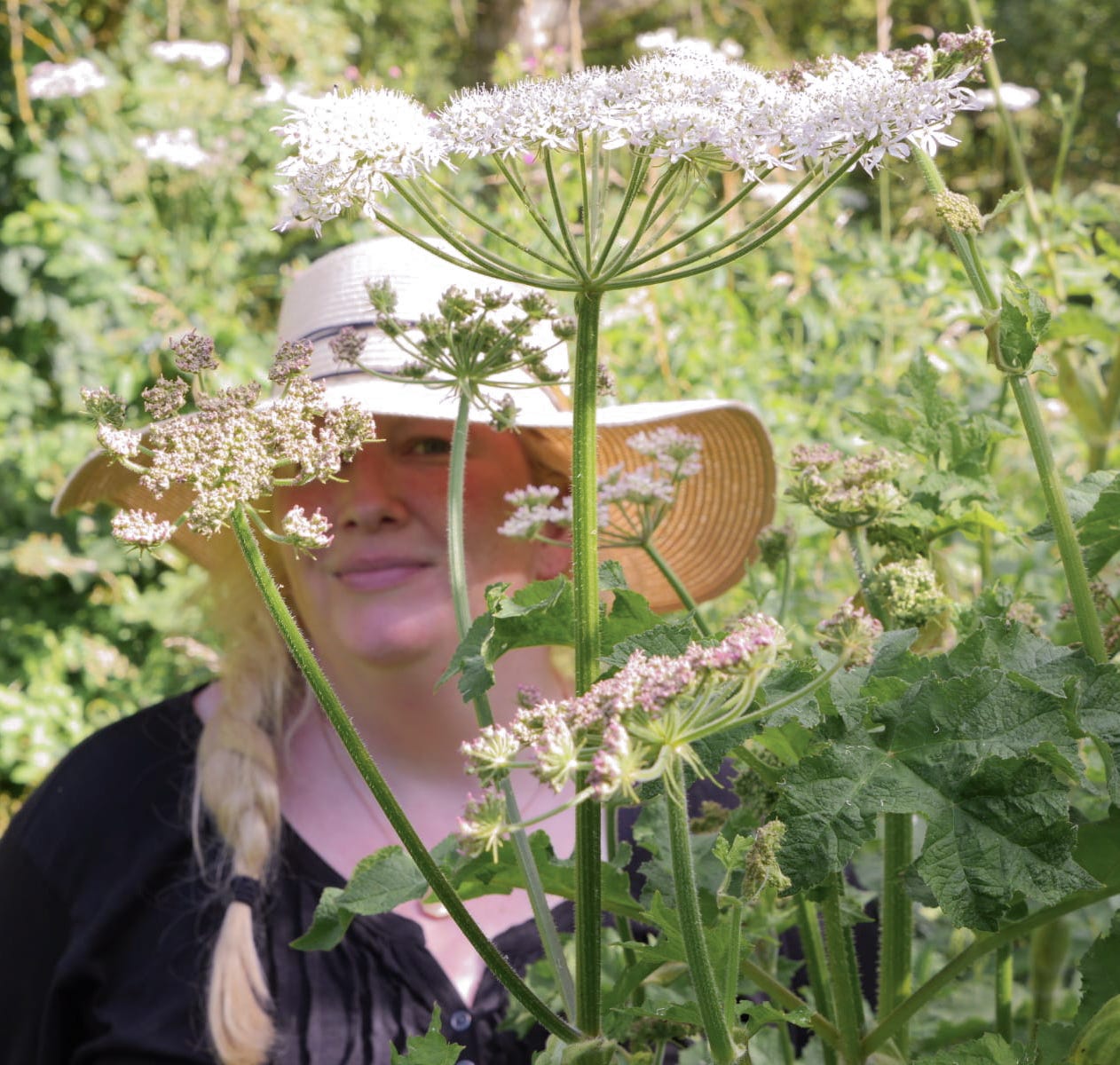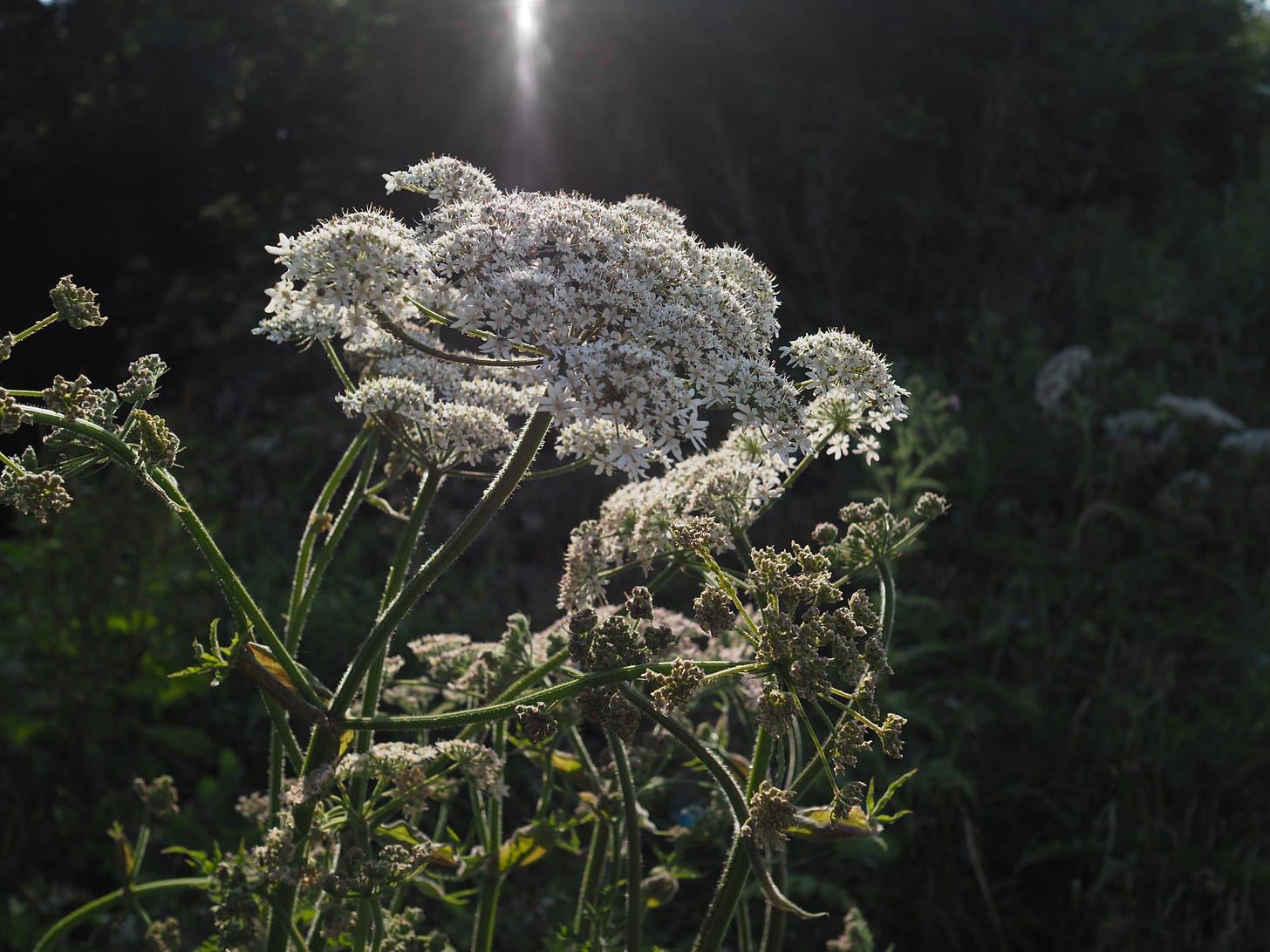Building a community when you’re not a people person
Are connections the only reason for being online?
In social media, where connection is the holy grail, not being a people person isn't just a disadvantage, but it feels like a bit of a dirty secret.
In recent years, confessions that once would have been considered private in nature have been more widely shared on social media platforms in the name of vulnerability. Previously taboo topics such as miscarriage and stress incontinence were once shrouded in secrecy and are now a more mainstream part of online discussions. This is a positive step because no-one wants to feel shame about something that they’ve experienced. However, I am yet to find many online conversations from others who share the same difficulties as me when it comes to establishing connections. It appears that we can talk about bladder leaks, but not about difficulties with interpersonal skills and social communication.
I write this as an autistic woman with lifelong difficulties making and maintaining connections with others. I remember reading a self help book, which was more of a manual for how to behave in social situations. It was written in english, yet I understood so little. Hearing others speak and seeing others interact feels like a language I’ve never been able to learn. I have a script in my head, but it only works if the social conditions I’m expecting remain the same each time, which of course they don’t. Constantly having to work out social cues is exhausting and stressful in equal measure whether that’s in person or online.
Experiencing difficulties with social interactions is a well-known trait in Autistic Spectrum Condition. Many autistic people (although not all) share this particular characteristic. It’s the one which is cloaked in shame, partly because of such intense societal conditioning. For as long as my forty six year old memory can recall, the ‘ideal’ and expected behaviour for women and girls has included: being easy to get on with, friendly and people-pleasing. Whatever you do, keep the conversation going and don’t forget to be attentive! Whilst I think we’re slowly moving away from these anachronistic expectations, behaving outside these constraints appears to still be frowned upon, on and offline.
There are many experts out there who advise on the best social media strategies. They proselytise the value of commenting as much as possible, spending more time on others’ pages than your own, engaging with others, having conversations, and above all remembering that Building a Community is Key. I’ve no doubt this does work. But what about those who can't build a community or even struggle to join an existing one?
I had a conversation about this with a friend who ‘gets’ social media: she possesses the know-how to ensure her connections online are engaged and genuine, not just transactional. I mentioned to her that being on social media and having to think about all the various unwritten rules—as well as strategies—made me feel like I was stuck in a maze that I would forever be lost in. She then asked me (non judgmentally) why I was there.
My first instinctive answer was because I like taking and posting pictures and I enjoy writing. Yet that answer felt incredibly basic and a bit of a waste. I felt guilty for not optimising my opportunities (few though they were) and felt even worse when I kept coming back to the point that social media is about building relationships with people online.
I started to wonder if I should find others who also aren’t people people. But that doesn’t really work. There’s a difference between not being a people person and hating people. The former indicates difficulties with interactions; the latter? Probably some deep seated trauma. Either way, I knew I was not aiming to inadvertently build a hotbed of misanthropes.
Well-meaning suggestions from others such as ‘can’t you just do x, y and z…’ compounds the feelings of inadequacy because my brain’s connections simply aren’t wired that way. With cognitive processing challenges, even seemingly easy levels of participation feels like climbing uphill through mud.
Emphasising the importance of something that not everyone can achieve will always lead to people feeling left behind — which on social media seems like the antithesis of its existence. Can we not make space online for all neurotypes without questioning why they’re not using the space in the same way as everyone else?
I’ve come to think that it should be perfectly feasible to be able to exist on a platform for the joy of it — knowing that what I write has to be for me. Unlinking enjoyment with the forming of connections feels like a risky venture. Yet basing my enjoyment on forming connections feels even riskier.
In trying to find a community, I’ve ended up getting closer to finding that my needs are different and that’s okay. We’re not all seeking the same thing. Some of us aren’t searching for a community, but rather, just hoping to find some acceptance and understanding — and sometimes simply our own creative bubbles.








Excellent work and photos! I find that after being around people I need recharge time in nature!